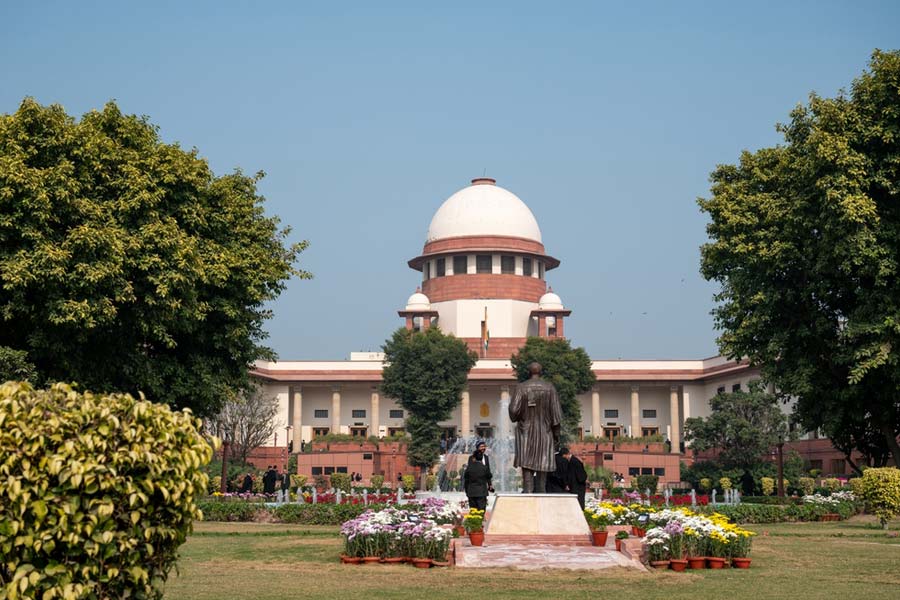Marriage or companionship is an integral part of the natural life of a person, the Supreme Court said on Wednesday and enhanced the compensation to a woman with 75 per cent intellectual disability due to a road accident.
A bench of Justices B R Gavai and K V Viswanathan said the woman was seven at the time of the accident in June, 2009, and according to the medical certificate, she suffers from moderate intellectual disability.
"Effectively, while her body grows, she will remain a small baby," it said.
The apex court further said, "The appellant (woman), therefore, has not only lost her childhood but also her adult life. Marriage/companionship is an integral part of the natural life of a human being." The bench observed though the woman was capable of bearing children, it was near impossible for her to rear them and enjoy the simple pleasures of marital life and companionship.
The bench therefore enhanced the compensation to Rs 50.87 lakh.
The top court delivered its verdict on her appeal challenging the November, 2017 order of the Delhi High Court that awarded her Rs 11.51 lakh compensation.
The bench said the woman would remain dependant on another person for the rest of her life and even with the advancement of age, she would still mentally be a child studying in the class 2.
The apex court said in June, 2009, the appellant was on foot along with her family members who were on their way home when a speeding car hit her when they were crossing the road.
It noted a claim petition for grant of compensation under the provision of the Motor Vehicles Act, 1988, was filed before a Motor Accident Claims Tribunal which awarded a compensation of Rs 5.90 lakh.
The appellant subsequently moved the high court seeking an enhancement of the compensation awarded on account of injuries suffered in the accident.
The high court enhanced the compensation to Rs 11.51 lakh but feeling aggrieved by the paltry enhancement she moved the apex court.
The woman's counsel informed the bench that as per the doctor's evidence, the woman sustained 75 per cent moderate intellectual disability .
The lawyer argued that children with moderate intellectual disability were generally able to learn skills up to the level of a child of class 2 and work under close supervision only.
The apex court enhanced the compensation amount under the heads of loss of income or earning capacity, pain and suffering, loss of marriage prospects, attendant charges and future medical treatment.
The bench also termed as "erroneous" the high court's approach that the woman would only be requiring a part-time attendant.
"On the contrary, we are of the opinion that the appellant, would be dependent on an attendant throughout her life and on a full-time basis," it said.
The bench, which directed the insurance company to disburse the compensation awarded to the woman, said the firm should be entitled to adjust the amount already paid, if any.
"Needless to state, as the tribunal has held the driver-cum-owner (respondent number 1) and the insurance company (respondent number 2) to be jointly and severally liable to make the payment of compensation to the appellant, the inter-se liability of the two respondents herein shall be decided in accordance with law," it said.
Except for the headline, this story has not been edited by The Telegraph Online staff and has been published from a syndicated feed.












